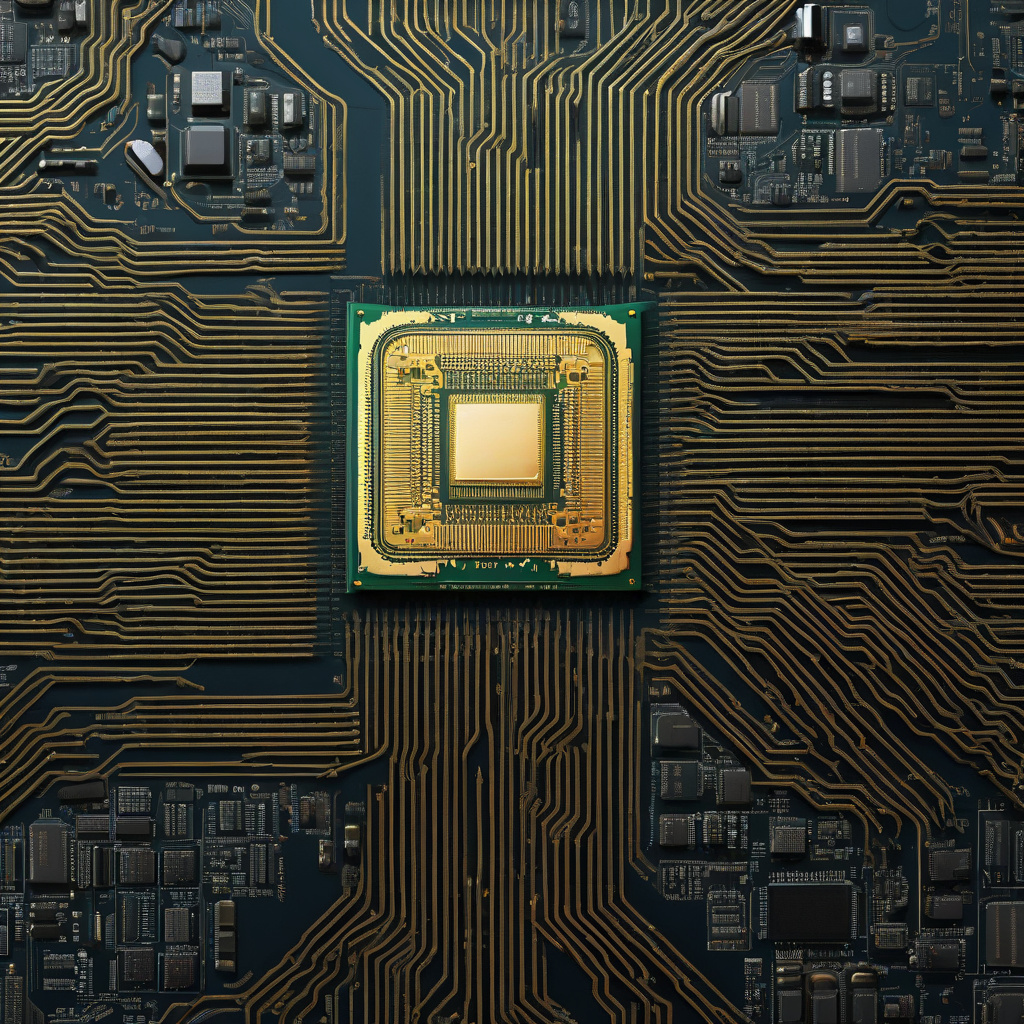US Scientists Unveil ‘Microwave Brain’ Chip for Ultrafast, Wireless Computing
Cornell University researchers have developed a low-power microchip called ‘microwave brain’ – a processor that promises ultrafast and wireless computing capabilities. This innovative technology marks a significant advancement in the field of computer science, offering a glimpse into the future of high-speed data processing and communication.
The ‘microwave brain’ chip operates by using microwave signals to transmit information, enabling swift and efficient data transfer within electronic devices. Unlike traditional silicon-based chips, this novel technology leverages the power of microwaves to achieve unparalleled processing speeds while consuming minimal energy. This breakthrough paves the way for a new era of computing where speed and connectivity are prioritized.
One of the key features of the ‘microwave brain’ chip is its ability to facilitate wireless communication between devices. By harnessing the properties of microwave radiation, this microchip enables data exchange without the need for physical connections, offering a more streamlined and versatile computing experience. This wireless functionality not only enhances convenience but also opens up possibilities for innovative applications in various industries.
Moreover, the low-power design of the ‘microwave brain’ chip contributes to energy efficiency, making it an environmentally friendly option for high-performance computing. By reducing power consumption without compromising speed, this technology addresses the growing demand for sustainable solutions in the digital age. As energy efficiency becomes increasingly important, innovations like the ‘microwave brain’ chip play a crucial role in shaping the future of computing.
In addition to its technical capabilities, the ‘microwave brain’ chip also holds immense potential for revolutionizing consumer electronics and industrial systems. From smartphones to supercomputers, this technology can enhance the performance and connectivity of a wide range of devices, leading to more efficient workflows and seamless user experiences. By integrating the ‘microwave brain’ chip into various products, manufacturers can offer cutting-edge solutions that meet the demands of today’s fast-paced world.
Furthermore, the development of the ‘microwave brain’ chip underscores the importance of research and innovation in driving technological progress. The collaboration between scientists at Cornell University highlights the power of interdisciplinary approaches in pushing the boundaries of what is possible in the field of computer science. By investing in research and development, institutions and companies can foster a culture of creativity and discovery that fuels the creation of groundbreaking technologies like the ‘microwave brain’ chip.
In conclusion, the unveiling of the ‘microwave brain’ chip by US scientists represents a significant milestone in the realm of ultrafast, wireless computing. With its innovative design, wireless capabilities, energy efficiency, and versatile applications, this microchip sets a new standard for high-performance computing technology. As the digital landscape continues to evolve, advancements like the ‘microwave brain’ chip pave the way for a future where speed, connectivity, and sustainability converge to shape a more efficient and interconnected world.
#USscientists, #MicrowaveBrain, #UltrafastComputing, #WirelessTechnology, #ComputerScienceRevolution












